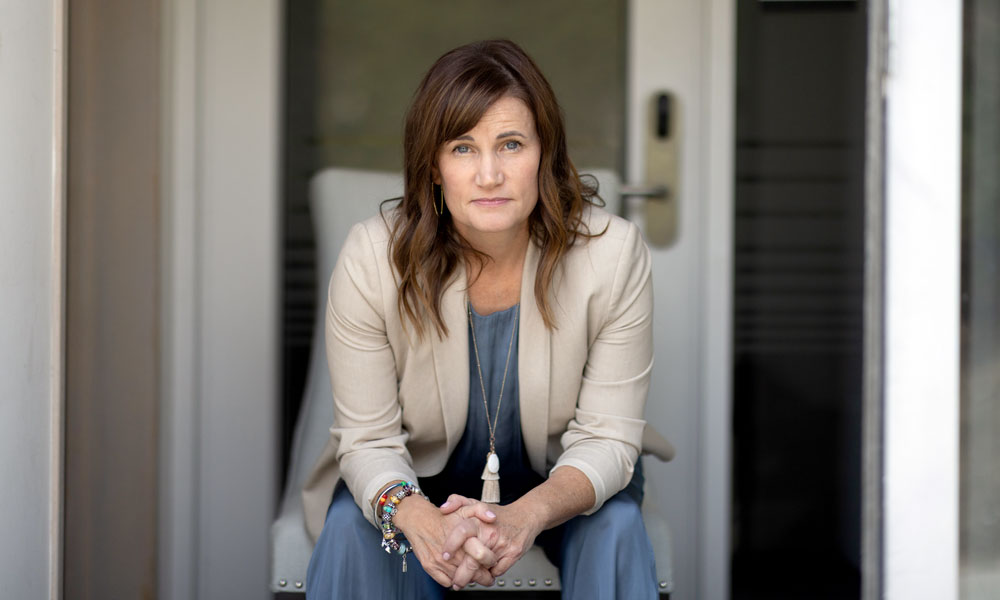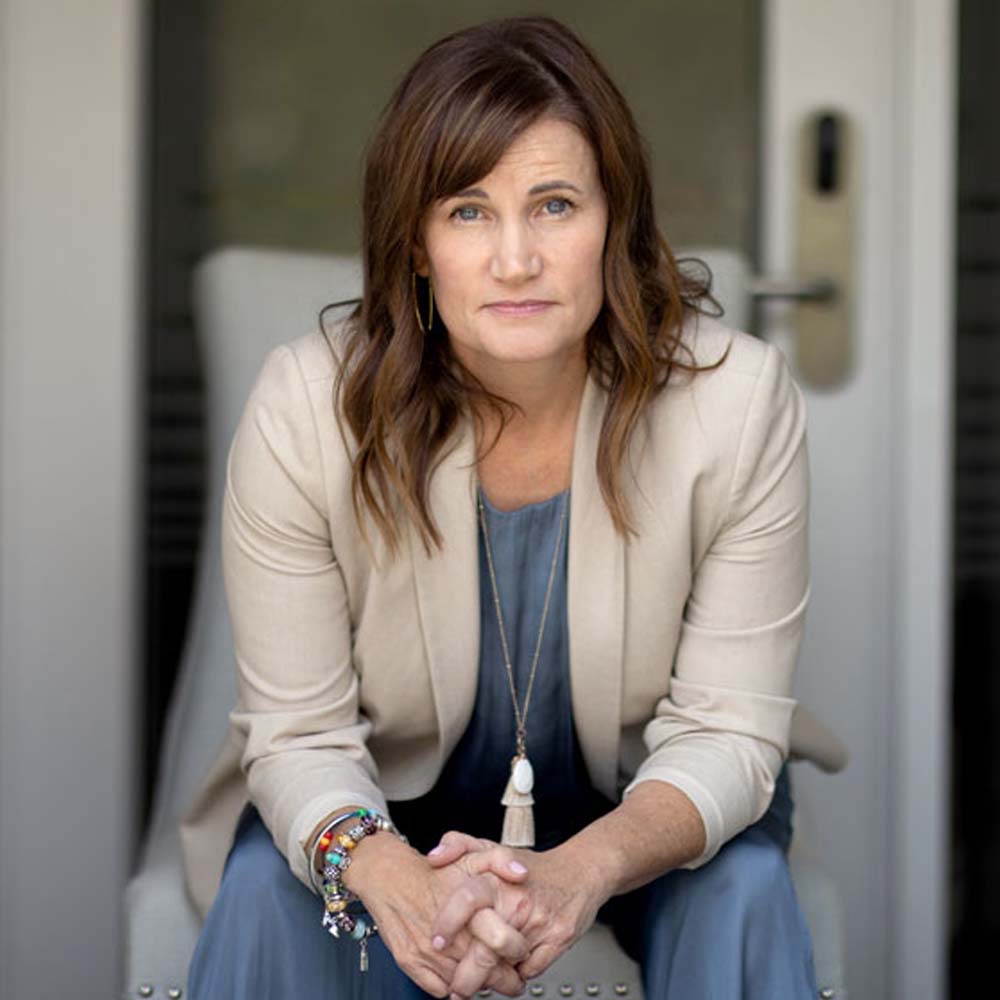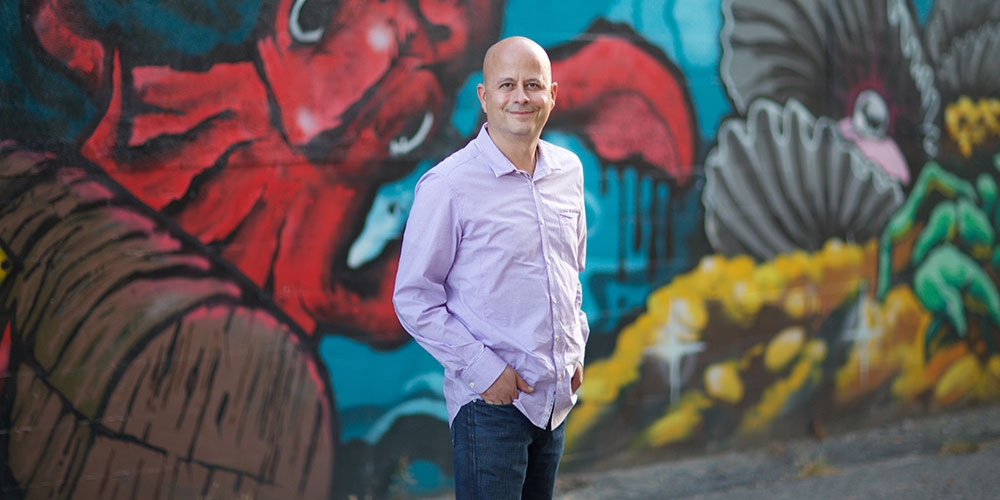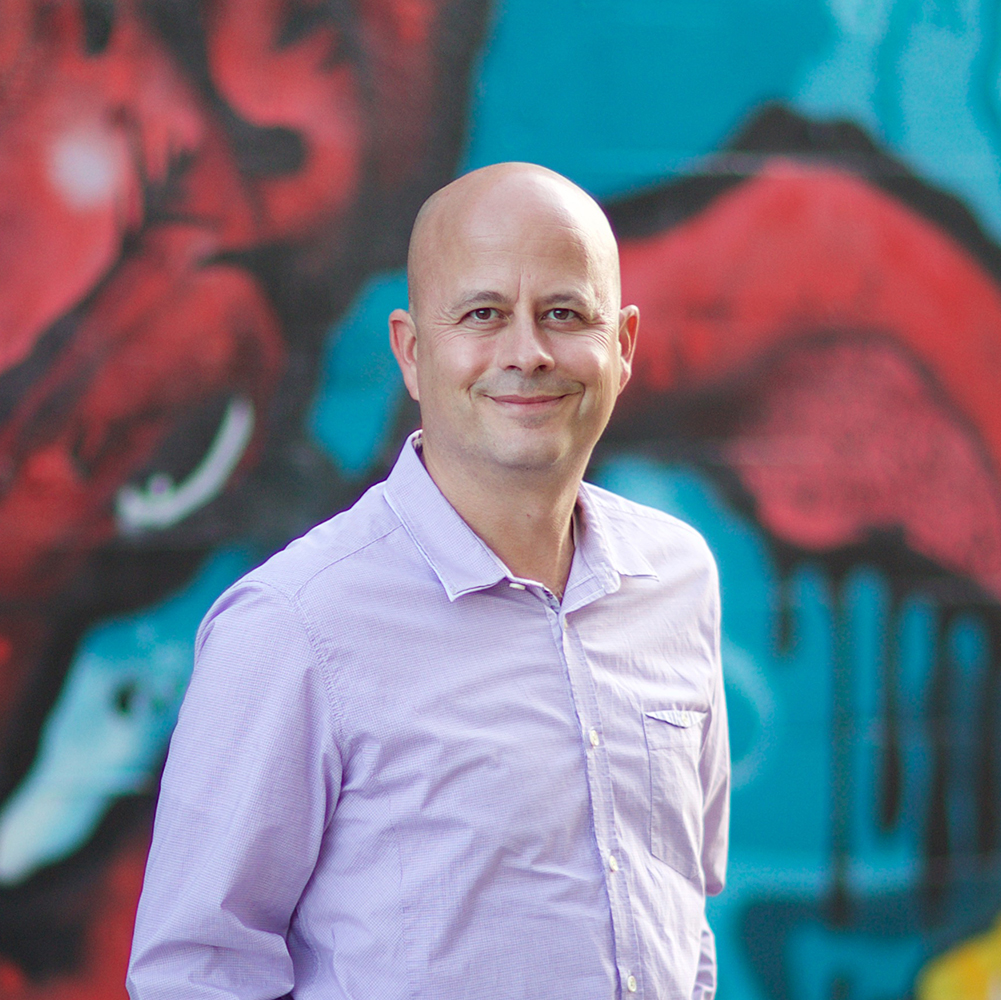Master of Arts (MA)-PhD Track, Doctor of Philosophy (PhD)

Irving K. Barber Faculty of Arts and Social Sciences
| Program | Components | Length |
|---|---|---|
| Master of Arts (MA)-PhD Track | Coursework, clinical practica, and thesis | 24 months |
| Doctor of Philosophy (PhD) | Coursework, clinical practica, dissertation, and residency | 60 months |
Why study Clinical Psychology at UBC Okanagan?
The Department of Psychology offers graduate education Master of Arts (MA)-PhD track with a specialization in Clinical Psychology.
Our CPA-accredited clinical psychology MA-PhD degree program provides students with outstanding, evidence-based training in assessment, intervention, and scientific research. We have a dynamic and supportive faculty, as well as a mix of funding opportunities for incoming students through internal research scholarships and paid teaching assistantships. Our graduate students also have an excellent record of receiving external SSHRC and CIHR (Tri-Council) student funding. We provide foundational, psychologist-supervised in-house clinician training (delivering services to real-world clients) in our state-of-the-art Psychology Clinic.
Our PhD program also provides numerous specialized, diverse internal and external practica in community health, acute care/hospital, forensics, and tertiary settings.
Explore more about our clinical psychology program, which is accredited by the Canadian Psychological Association (CPA). The CPA requires disclosure of information on the applicant pool, acceptance rates, diversity, graduates, and other details about our program. Learn more about admissions data.
inclusion at the Department of Psychology
Our broad goal is to focus our efforts within our Department to create and maintain an environment where everyone can thrive and to reduce barriers to undergraduate and graduate study. We also aim to bring equity to research and the clinical practice of Psychology. We have three groups dedicated to these aims: the Action for Inclusion, Diversity, and Equity (AIDE) Committee; the Psychology Allyship, Community, and Equity (PACE) committee, and the Reconciliation in Action committee.
Our clinical psychology graduate program is based on the scientist-practitioner model of clinical psychology, with an emphasis on evidence-based assessment and therapeutic techniques. Our developmental learning model promotes clinical and research competence through close mentoring relationships with faculty.
The program is designed for students with a degree (preferably Honours) in psychology or related behavioural/health sciences. Upon completion of the program, students will have obtained broad training in the science of psychology, incorporating the biopsychosocial model, as well as knowledge and skills in clinical psychology and the ability to integrate science and practice. It prepares graduates for careers in research, teaching, and clinical practice.
The Clinical Psychology MA program requires completion of a minimum of 42 credits including:
- six credits of graduate-level statistics and methodology
- six credits from each of: Individual Differences, Assessment, and Intervention
- three credits in Ethics and Professional Standards
- three credits of an approved clinical practicum
- successful defence of MA thesis (twelve credits)
Additional coursework may be required at the discretion of the supervisory committee. Find out more about clinical psychology’s practicum placements.
For more information, please see our Clinical Psychology Handbook.
The PhD is an advanced research degree program that requires original and substantive contributions to the advancement of the field of psychology.
Graduates of the clinical psychology PhD will be prepared for careers that involve conducting independent research, consulting, and/or teaching in academia, government, industry, public health practice, and/or private practice. Graduates will be eligible to apply for registration as psychologists.
Formal milestones for the Clinical Psychology PhD program include:
- passing Clinical comprehensives
- preparing, presenting, and defending a research proposal
- undertaking advanced data collection and applying sophisticated analytical methods
- completing and defending a dissertation
- communicating research results via conference presentations and publications in scientific journals
- completing advanced clinical practica and a program-approved residency (internship)
Minimum PhD program requirements* include:
- six credits of graduate-level statistics and methodology
- three credits from each of the cognate areas in psychology (biological, cognitive-affective, and social)
- six credits from each of: Individual Differences, Assessment, and Intervention
- three credits in the historical and scientific foundations of general psychology
- three credits in each of: Ethics and Professional Standards, and Program Evaluation
- one credit in Clinical Supervision
- successful completion of the applicable Comprehensive Examination requirements
- up to 900 hours of clinical psychology practica as needed to reach competency and progress to the next level of training
- successful defence of the doctoral dissertation (PSYO 699)
- development of an acceptable level of clinical skill
- successful completion of a one-year full-time residency (internship )at a CPA or APA accredited site.*
(Note: Some coursework that was completed Master’s degree in Clinical Psychology may be applied towards the PhD coursework requirements subject to approval and applicable conditions set out by the Clinical program and the College of Graduate Studies).
Find out more about clinical psychology’s practicum placements.
* It should also be noted that while the above criteria satisfy the minimum requirements, additional courses will routinely be offered that are aimed at further enhancing the breadth of knowledge in one of the above required areas, or that provide instruction in an area that is not reflected in one of the above categories. Additional coursework may be required by a student’s supervisory committee and/or the DCT.
Research and Supervisors
Supervisors
The success of our graduate program depends in large part on a good mentor match between students and research supervisors.
No applicant will be considered for admission to the program until a faculty member of the psychology department has agreed to supervise the student’s proposed research.
Graduate student supervisor. Not considering Psychology graduate students for September 2025 intake.
Graduate student supervisor. Not considering Psychology graduate students for September 2025 intake.
Graduate student supervisor. Will consider Psychology grad students (Psychological Science stream) for Sept 2025 intake.
Graduate student supervisor. Considering grad students(Clinical Psychology & Psychological Science streams)for Sept '25
Graduate student supervisor. Considering grad students(Clinical Psychology & Psychological Science streams)for Sept '25
Graduate student supervisor. Will consider Psychology grad students (Psychological Science stream) for Sept 2025 intake.
Graduate student supervisor. Not considering Psychology graduate students for September 2025 intake.
Graduate student supervisor. Considering grad students(Clinical Psychology & Psychological Science streams)for Sept '25
Graduate student supervisor. Will consider students for September 2025 intake, for the Clinical Psychology stream.
Graduate student supervisor. Will consider co-supervision only, Clinical Psychology grad students for Sept 2025 intake.
Graduate student supervisor. Considering grad students(Clinical Psychology & Psychological Science streams)for Sept '25
Graduate student supervisor. Will consider Psychology grad students (Psychological Science stream) for Sept 2025 intake.
Graduate student supervisor. Not considering Psychology graduate students for September 2025 intake.
Graduate student supervisor. Not considering Psychology graduate students for September 2025 intake.
Graduate student supervisor. Not considering Psychology graduate students for September 2025 intake.
Graduate student supervisor. Will consider Psychology grad students (Clinical Psychology stream) for Sept 2025 intake.
Graduate student supervisor. Not considering Psychology graduate students for September 2025 intake.
Graduate student supervisor. Considering grad students(Clinical Psychology & Psychological Science streams)for Sept '25
Facilities and Labs
Psychology Clinic
Our in-house Psychology Clinic offers a low-cost, low-barrier psychological services for those in need within the Okanagan community. Services include psychodiagnostics, psychoeducational, and neuropsychological assessment and short-term/long-term psychotherapy. Services are delivered by MA and PhD practicum clinicians under the supervision of registered psychologists on faculty.
Other research centres and facilities in the greater Psychology department include the following, and associated psychology faculty can be found in the Supervisors section above:
- The Centre for Obesity and Well-being Research Excellence (The CORE)
- Health Psychology Lab
- The Human Sexuality Lab
- The Neuroplasticity, Imagery, and Motor Behaviour Lab
- The Psychopathology Lifespan and Neuropsychology (PLAN) Laboratory
- The Social, Emotional, and Equity Development Lab (SEED Lab)
- Social Interaction and Perception Lab
- Therapeutic, Recreational, and Problematic Substance Use Lab
- Truth and Trust Lab
Students and Alumni
Connect with your peers
Psychology graduate students lead and/or participate in a variety of clubs and organizations.
Theses and Dissertations
Find all UBC Okanagan student publications on the University’s digital repository for research and teaching materials.
EXPLORE STUDENT PUBLICATIONS
Tuition and Funding
Tuition
For official tuition and fee information, see the academic calendar’s page on standard masters degrees and standard doctoral degree programs.
Funding Opportunities
Incoming and continuing Psychology MA and PhD students may be funded through a combination of internal sources such as Teaching Assistantships, Okanagan Graduate Research Scholarships, and/or Research Assistantships. Many Psychology students also apply for, and receive external awards (i.e. Tri-Council funding).
Currently, all full-time current and incoming PhD students (domestic and international) at UBC Okanagan will be provided with a minimum funding package for up to the first four years of a PhD. Effective September 2025, the minimum funding guarantee will increase to $25,000 per year (from a mix of sources) for up to the first four years of a PhD. Please review this policy and eligibility requirements.
There is no university-wide minimum funding package for Master’s students at UBC Okanagan, at present. However, our Psychology MA students are typically funded (amounts vary annually) for up to two years through Teaching Assistantships and the Okanagan Graduate Research Scholarships. Several students are also external award-holders (i.e. Tri-Council), and some also may have Research Assistantships (not guaranteed, and amounts are dependent upon supervisor research funding).
Graduate students must demonstrate satisfactory performance throughout their MA and PhD programs to maintain eligibility for various funding sources.
UBC Okanagan Graduate Research Scholarships
UBC Okanagan Graduate Research Scholarships (ORGS) are administered by the College of Graduate Studies through funding made available from the University Budget. UBC ORGS are awarded annually to entering and eligible continuing graduate students who are registered in a full-time research-based program at UBC Okanagan. Annual amounts may vary. Learn more about eligibility, deadlines by visiting the College of Graduate Studies website.
GRADUATE ENTRANCE AWARD
The Irving K. Barber Faculty of Arts & Social Sciences offers a $15,000 merit-based entrance scholarship to three exceptional individuals entering their first year of thesis-based graduate studies under a Psychology supervisor from the Irving K. Barber Faculty of Arts & Social Sciences, or an Interdisciplinary Graduate Studies program with a supervisor who is a member of the Irving K. Barber Faculty of Arts & Social Sciences.
All applicants to Irving K. Barber Faculty of Arts & Social Sciences graduate programs who have submitted an application by January 31 will be automatically considered for the award. No additional application is required. Successful applicants will be notified by March 15.
Assistantships
Teaching Assistantships (TA)
Paid TA positions allow graduate students to develop skills in teaching, supervision, facilitation, and student assessment. Teaching assistants may lead seminars, help teach undergraduate courses, or assist in student evaluations and marking. Teaching assistants are mentored by their supervisor and via the Centre for Teaching and Learning. TA working conditions and wages are governed by the BC Government Employees Union Okanagan (BCGEU-O) collective agreement. BCGEU Salary scales are available here.
Research Assistantships (RA)
As paid research assistants, graduate students may assist their supervisor or other researchers in conducting high-level research, which often contributes to the student’s thesis. RAs are typically funded by the given supervisor’s external grants, contracts, and sometimes, other sources of funding. Amounts paid for RA positions are highly variable.
SCHOLARSHIPS
UBC Awards
The College of Graduate Studies administers merit-based graduate awards at the Okanagan campus. The College manages a number of award competitions each year and administers payment of all internal awards and selected external awards.
External Awards
All prospective and continuing graduate students (Domestic and International) are expected to explore and continuously apply for relevant, available external awards and fellowships, including awards offered by Canada’s three research councils: CIHR, NSERC and SSHRC.
Graduate scholarships and awards may also be available from foundations, private companies or foreign governments (check with your country’s education authority).
Global and Close-Knit
At UBC Okanagan, you gain all the benefits of attending a globally ranked, top 5% university while studying in a close-knit learning community. 50% of graduates, from all across the globe, choose to stay in the region.
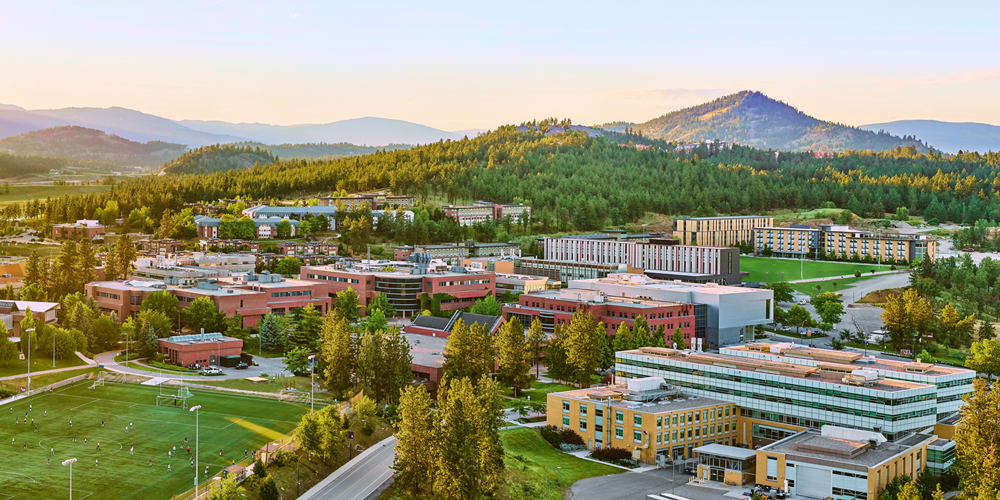
Discover the Okanagan
A diverse natural region with sandy beaches, beautiful farms, vineyards, orchards and snow-capped mountains, the Okanagan is an inspirational landscape perfect for those seeking leisure or outdoor adventure.
UBC's Okanagan campus borders the dynamic city of Kelowna, a hub of economic development with a population of more than 150,000 people— the fourth fastest-growing population in Canada.
